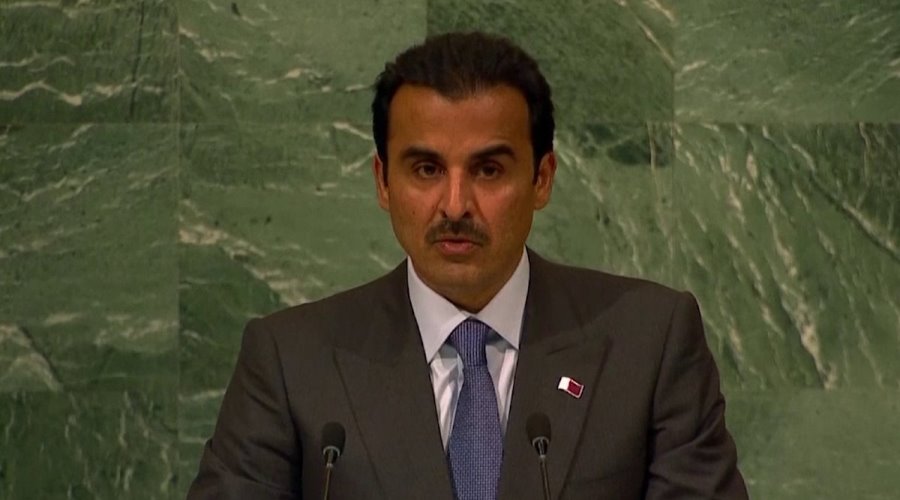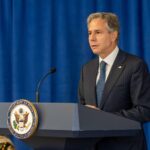Speaking at the UN General Assembly Annual Meeting, the Qatari Emir Tamim bin Hamad Al Thani called on “all parties to preserve and build on the Doha Peace Agreement achievements, namely, preventing Afghanistan from becoming a haven for terrorists and radical individuals and groups.”
“We have repeatedly stressed the need to protect civilians, respect human and citizen rights in Afghanistan, including women’s rights, girls’ right to education, and achieve national reconciliation among the factions of the Afghan people. We have also warned against the danger of isolating Afghanistan and the counterproductive consequences of besieging it,” Al Thani said.
Addressing the same gathering, Turkish President Recep Tayyip Erdogan said that the “interim government” must take necessary steps in order to ensure fundamental rights for “liberty for the human being.”
“We believe that there might be certain promising developments there (Afghanistan) and we will keep on supporting our Afghani brothers and sisters during this process,” he said.
Meanwhile, the Islamic Emirate said that security has been established in the country and that no group will be allowed to use Afghan soil against other countries.
“The Islamic Emirate pledges that there is no group that can threaten the interests of other countries,” said Bilal Karimi, deputy spokesman for the Islamic Emirate.
The analysts gave various opinions on the topic.
“This shows that the Taliban have close relations with al-Qaeda and the Central Asian countries are worried about their security,” said Ajmal Zadran, a political analyst.
“Qatar means to extend the travel ban exemption of six or seven Taliban officials, thus the negotiations of the Taliban officials continue with the officials, the Americans and other world countries,” said Torek Farhadi, a political analyst.
Qatar hosted the peace negotiations between the US and the Taliban’s political office, which resulted in a peace deal between Washington and the Taliban.
The formation of an inclusive government, the prevention of the use of Afghan soil against other countries, and the upholding of human rights are the main parts of the agreement.













